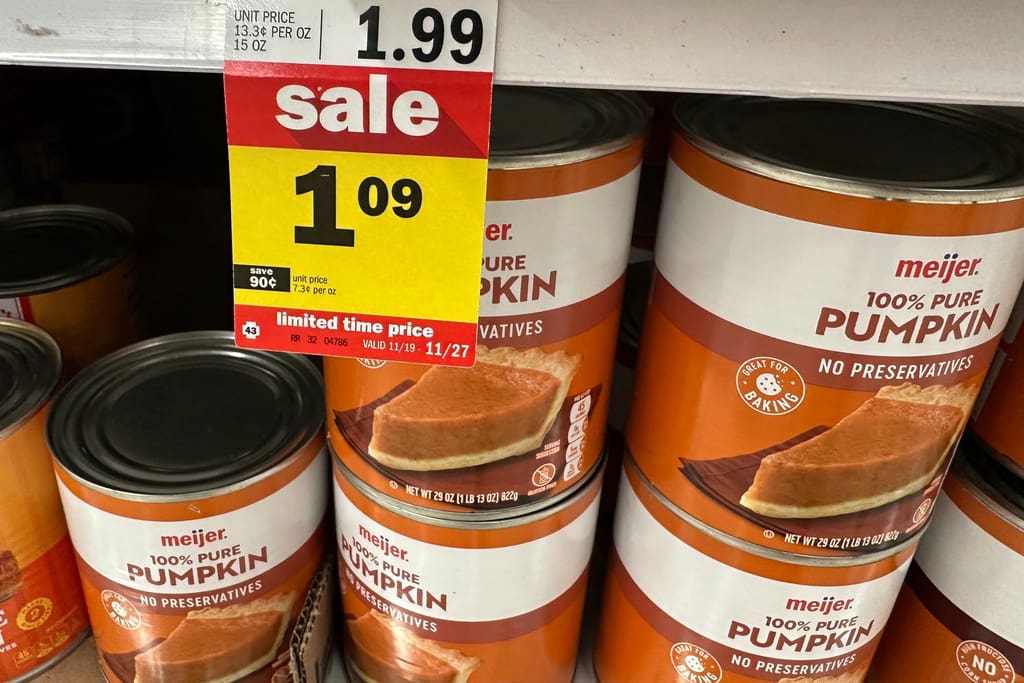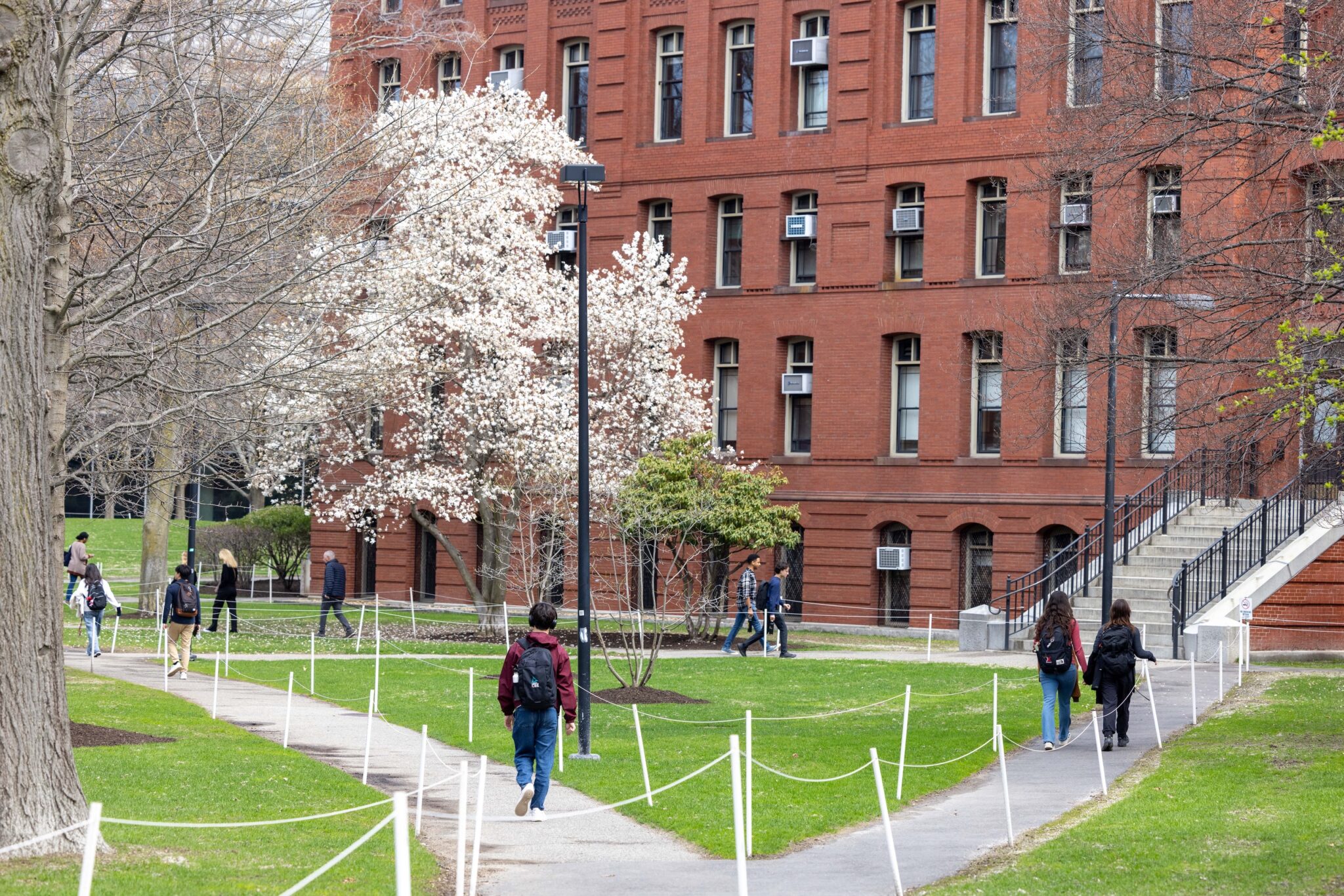Thanksgiving Dinner Sees Cost-Cutting Measures Amid Rising Prices
A significant number of Americans are opting for less expensive alternatives to the traditional turkey this Thanksgiving, as highlighted in a recent report by Defend America Action. This shift is a direct consequence of increasing costs that have impacted holiday preparations across the nation.
The report, influenced by input from over a dozen Democratic state legislators, reflects their observations of constituents making financial adjustments to cope with economic challenges.
The legislators collectively stated, “While Trump and Republicans spend billions bailing out their allies and handing out tax breaks to billionaires, Americans are facing higher prices with fewer resources. Many Americans will find themselves clipping coupons, cutting costs, and waiting in long lines instead of settling in for a relaxing holiday with family and friends.”
According to the report, a notable 57% of Americans have noticed increased costs for Thanksgiving essentials compared to the previous year. This perception aligns with data showing turkey prices rising by 24%, canned cranberries by 45%, frozen peas by 17%, cheddar cheese by 6.6%, and sweet potatoes by a remarkable 37%.
The price hikes extend to wine, sugar, and whipped cream as well.
The legislators attribute these increases to President Donald Trump’s inflation-inducing policies, specifically pointing to new tariffs on imported goods such as farm equipment, fertilizer, steel, and aluminum, which have elevated production expenses for farmers and subsequently, consumer prices.
These tariffs function as taxes on imports, with costs typically transferred to consumers. Trump has argued that these measures are intended to secure more favorable trade agreements.
Particularly hard-hit are turkey farmers, affected by tariffs placed in March on animal feed from Canada and Mexico, which constitutes a significant portion of their operational costs.
The situation is further exacerbated by a sluggish governmental response to an avian flu outbreak, which has reduced the U.S. turkey supply to its lowest in four decades.
As a result of these challenges, some Americans are opting for chicken, while about 10% plan to forgo protein entirely, sticking to side dishes. Additionally, nearly 25% of individuals intend to reduce portion sizes.
These findings contradict Trump’s claims of increased affordability this Thanksgiving. He has repeatedly cited a 25% price reduction in Walmart’s pre-packaged meals as evidence of lowered costs. However, this example is not representative, as Walmart’s packages are smaller and contain cheaper items than in previous years.
Beyond groceries, travel expenses have risen, with airfare up by 3.2% compared to 2024. These higher costs do not translate into improved services, as airports prepare for potential disruptions due to staffing cuts at the Federal Aviation Administration (FAA) and the effects of the recent government shutdown.
Approximately 31 million people are expected to travel by air between November 21 and December 1.
An Associated Press-NORC Center for Public Affairs poll reveals that over half of Americans consider grocery costs a major stress factor in their lives.
—
Read More Kitchen Table News










